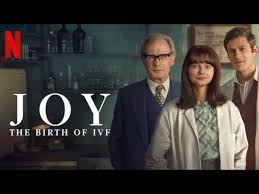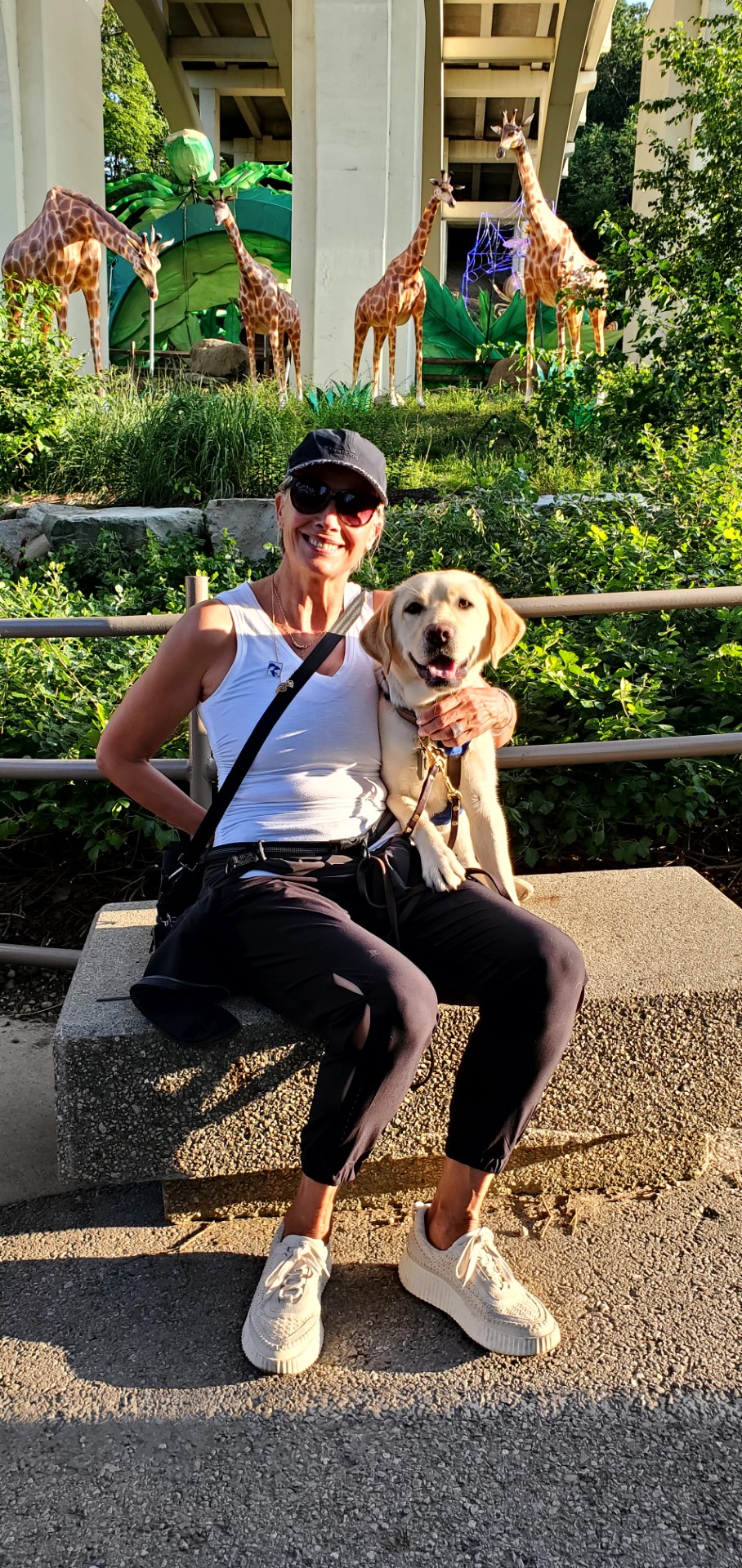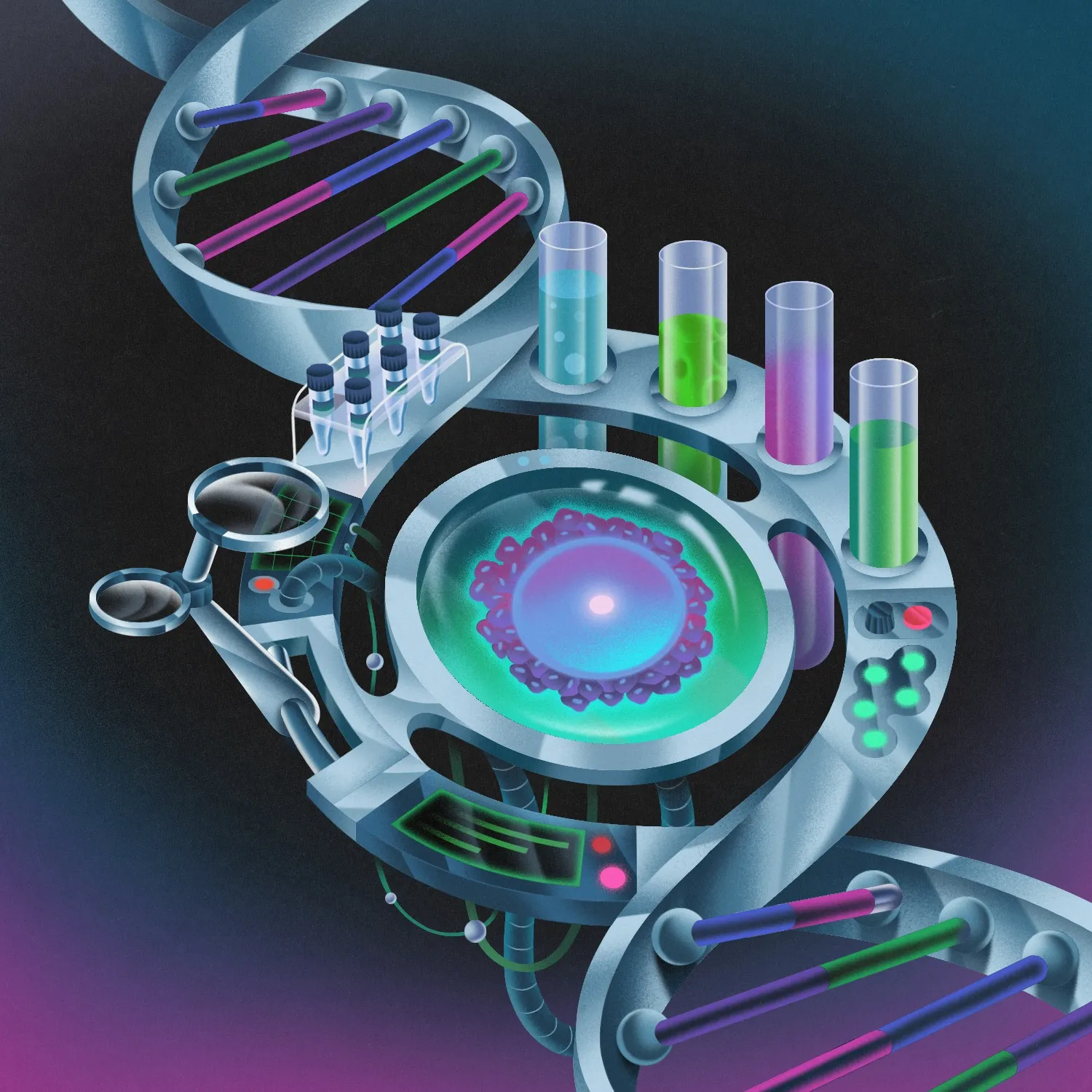An Egg Donor Responds
By LISA BELKIN
The discussion earlier this week about the many ways to make a baby led Ruth Ragan to send me the memoir she wrote for an online writing class at the University of California, Berkeley. Ms. Ragan was an anonymous egg donor 15 years ago, and reading Jennifer Weiner’s questions here about how donors might feel years later, she wanted to give her answer.
Tackling the subject for this class, she says, made her realize “how little I know factually or remember about my donation experience.” Completing the piece prompted her to reach out “to the fertility clinic to provide updated medical history about my family and to try to find out whether any children were conceived through my donation.”
She has not gotten her own answers yet, but believes that asking is a start.
The piece is long, but I am running it at full length because Ms. Ragan has a lot to say. I am also including her bibliography at the end, as recommended reading for those who would like to learn more.
WHERE ARE MY EGGS?
By Ruth Ragan
I awoke in the recovery room at the Fertility and Hormone Center with 21 fewer eggs in my ovaries. I hoped that the eggs would be received by worthy recipients, good people who would unconditionally love any child or children conceived through my anonymous donation. The next day I returned to work sore and bloated. I did not dwell on the unknown fate of the 18 viable eggs that were approved to continue the journey through artificial reproductive technology.
“Worry often gives a small thing a big shadow” is a Swedish proverb that speaks to my growing concern over the microscopic eggs I relinquished 15 years ago. I hope that if the egg donation resulted in the birth of a child, that the child is in a happy and healthy home and bears no resentment about his or her biological origin and method of conception. Over the years, thoughts about the happiness, safety and well-being of any donor-conceived children have slowly crept into my head, but it wasn’t until I became a mother that they invaded. Between age 24 and 39 I changed; I became more loyal, more responsible, more patient and less of a risk-taker. I imagine that most anonymous egg donors, young women in their 20s, also change and grow in the years following their donation. Do many of them then look back on their decision to donate, as I do, with worry and ambivalence? My growing concern has developed into an increasingly persistent nagging worry as I search for information about the eggs that I donated and about the retrospective emotions of other anonymous egg donors. It has led me on a journey from altruistic donor to worried former donor.
Most people assume that I became an egg donor to earn money, and that is the most commonly cited motivating factor for anonymous egg donors in the United States. I do not recall the amount of the stipend I received for my time and effort, but it did not change my life. I did not buy a car or pay off student loans. It was not the $50,000 to $100,000 that is advertised to college women these days. Three thousand dollars is my best approximation.
Like one third of anonymous egg donors in the United States, I was motivated to donate for altruistic reasons. In 1989, at age 17, I underwent spinal fusion surgery to correct a 43-degree curvature of my lumbar spine caused by idiopathic scoliosis. I was instructed to find A+ blood-type donors to supply blood for transfusion during surgery. By the end of the procedure, the blood of two friends pumped through my veins. I regarded their donations as gifts of life and began contemplating how to pay it forward. Simply donating blood seemed too easy.
After college I worked for a social service agency that provided, among other things, adoption services. I saw the anxious looks on the faces of couples arriving for open-house meetings about the adoption process and heard heartbreaking stories about the great lengths that people go to in order to become parents. I began to contemplate my own future as a parent.
At age 24, I had no prospects for marriage or a serious relationship and did not think I would be ready to have children, either on my own or with someone else, until I reached my 30s. Around that time, I saw an advertisement in a local newspaper about a fertility clinic seeking anonymous egg donors.
My altruistic motivation faded when combined with my realization that someday I might want and or need an egg donor and that I would want the opportunity to receive eggs from someone like me. It may have been fear for my own future, and arguably vanity, that ultimately motivated me to donate my eggs. It may be that same fear and vanity that have me wondering about their whereabouts now.
My memory of many aspects of the donation experience is hazy. I made no contemporaneous journal entries about the experience and have only a few pieces of paper from the fertility center. I recall facing a chanting crowd of protesters in the parking lot that the fertility center shared with a women’s health facility that performed abortions. I also remember the brevity of the psychological evaluation to determine whether I was an appropriate candidate for donation; the awkwardness of my first vaginal ultrasound; the displeasure my mother voiced about my decision to donate, coupled with her unwavering support despite her displeasure; the self-inflicted intramuscular injection of medications; the delight on the nurses’ faces when the final ultrasound revealed an abundance of eggs; and the dryness in my mouth after I awoke from the egg retrieval surgery.
The night before the ultrasonographic egg retrieval, or harvest, I called the on-call nurse and asked whether the recipients were cool people. She assured me that they were. My concern about the coolness of the recipients was a reflection of my anxiety about whether the recipients were quality people who loved each other and would love their child or children unconditionally and without consternation that their child did not share their complete genetics.
Days after the harvest I experienced hyperstimulation of the ovaries, a known potential and temporary side effect of the drugs used to help me produce droves of eggs. I was bloated and in extreme abdominal pain. I contacted the fertility center and they performed an ultrasound, which revealed that one of my ovaries was the size of a grapefruit. The physicians and nurses, who had been warm and supportive during the donation process, seemed cold and dismissive. My ovary eventually returned to its normal size, but I wondered if I had damaged my body. I arranged for a checkup with my gynecologist,who assured me that everything was fine and scolded me for donating my eggs because of the risk of hyperstimulation and the unknown potential long-term side effects of the medications involved in the process. She told me never to donate eggs again. I did not consider a second donation.
I never learned the outcome of the donation. In the weeks that followed, I worried that the success rate for egg donation, which is defined as the “percentage of embryo transfers resulting in live births,” was low, and that the recipients might be further frustrated emotionally and financially if the process failed. I don’t know what the success rate was in 1996, but in 2009 the egg donation success rate was 55.1 percent. Over time I used the potential for failure as a way to insulate myself from other worries I had about the outcome of the donation and the character of the recipients.
The manila folder holding all the paperwork I have relating to my egg donation is thin and tattered, and I wonder if I threw anything out during file cabinet purges over the years. It contains pamphlets on assisted reproductive technologies; copies of results of some of the lab work that was done before and after the donation; instructions for intramuscular injection; information about medications; an IRS W-9 form; an unsigned informed-consent form for the egg retrieval procedure; an unsigned consent form for human menopausal gonadotrohpins (the drugs Pregonal and Metrodin); an unsigned informed-consent form for in vitro-fertilization-embryo transfer (presumably what the recipients would have signed); and a few pages of questions and answers about the egg donor program. I have no recollection of reading or signing the consent forms or the W-9 form.
The documents I have are silent on the issue of what happened to the eggs that were harvested and not transferred at the time of the harvest, so it is unclear whether any of the eggs I donated may have been frozen and used later, or if unused eggs or embryos could have been frozen and then passed on to secondary recipients. The paperwork is clear that a minimum of two and a maximum of five embryos would be transferred at one time, and that a recipient would receive eggs from only one donor during a transfer, but could use the egg donor program multiple times.
Now, at 39, I am a parent of a child who was conceived when I was 37, without an egg donor. When I encounter awful parents at the playground or nursery school, I hope that they did not receive any of my eggs. Any children conceived through the use of my eggs at the time of the donation would be 15 years old by now, so I reassure myself that the parent at the playground or nursery school was not the recipient. Unless, of course, some of the eggs were frozen and used later. The first successful birth in the United States using frozen eggs took place in 1997, a year after my donation, so while it is theoretically possible that some of my eggs were frozen in 1996 and used in later years, it is highly unlikely that I have encountered the recipients of any potentially frozen eggs.
I wonder if any children potentially conceived through my donation wonder about their biological origin and if they are distressed. I wonder if any donor-conceived children will try to contact me looking for information, money, a relationship or something else I have not yet contemplated. To ease my conscience, I search for tangible proof that donor-conceived children are not psychologically harmed by their very conception. I find solace in Cambridge University studies that claim donor children are emotionally well and that children conceived using donor sperm or eggs or through surrogacy do as well emotionally as those conceived naturally and are psychologically O.K. But I know that the children studied are still young, and the research does not address a myriad of issues including the impact of secrecy or openness on their well-being.
I wonder if the recipient needs certain family medical history that was unavailable to me in 1996. I learned that I have two copies of the MTHFR C677T genetic mutation, which can be associated with problems in folic acid metabolism and can be associated with elevation in homocysteine levels. This could be important to a conceived child because it affected how my pregnancy was managed and could affect their reproductive health.
Empirical studies have not demonstrated any definitive link between egg donation and infertility, cancer or any other significant long-term health problems, so I no longer worry that the one-time donation has harmed me physically or impacted my reproductive health. I realize that just because there has been no definitive link between egg donation and significant long-term health problems does not mean that there is none, but I have placed that worry on the back burner. The body of research that is available suggests that anonymous donors are forgotten once their bounty is recovered. Most of the research lies in clinical outcomes for recipients and the impact of donor characteristics on recipient pregnancy outcomes. The search for perfect donors continues, but no one is following up to make sure the once-perfect donors remain perfect.
Only one study has been conducted in the United States to evaluate the motivations, expectations and experiences of donors from a variety of clinics nationwide long after (2 to 15 years) their first donation experience, and that study looked at 80 donors in 20 states. Twenty percent of the women reported that the donation process resulted in lasting psychological effects. Of those women, seven experienced ongoing curiosity about the outcome of the procedure and any child or children that may have resulted from the process. Three women reported an ongoing sense of pride that they had helped an infertile couple establish a family. Two donors developed ongoing concern that a child they might bear and raise might, by chance, meet and develop a relationship with her donor offspring. I have felt all of these emotions and shared these concerns at one time or another. The study suggested that donors’ curiosity and concern about any offspring that might have resulted from their donation might increase in time, as it did for me, and concluded that keeping anonymous donors better informed could alleviate some of the anxiety and curiosity that egg donors reported feeling after having donated.
Outside of that study of 80 egg donors, most of the information available about how anonymous donors feel about their donations retrospectively is anecdotal. In “Confessions of a Serial Egg Donor,” Julia Derek recounts her experience as a financially motivated 12-time egg donor in a memoir that exposes her resentment toward the infertility business that allowed her to donate her eggs multiple times and then shunned her and declined medical support when her body shut down. The memoir was eerily silent about any concerns she might have for any donor-conceived children and left me feeling alone in my experience.
Testimonials by former anonymous egg donors are scattered about the Internet by women who regret “selling” their eggs and believe they have given away their babies or lost the opportunity to meet their children. I even came across the story of a grandmother who felt cheated of the chance to meet and know her grandchildren. Some women who were donors went on to experience problems with infertility and believe that their egg donation played a role in their infertility. Some women want to find donor-conceived children so they can establish relationships. I do not relate to any of these women and find it hard to believe that my experience of worrying about the quality of the families that donor-conceived children have been born into and donor-conceived childrens’ feelings about their origins are unique.
As I began thinking more about my donation and wondering how other donors feel years later, I was surprised by how little I know and recall about my own experience. I decided to contact the clinic to try to obtain additional information. The clinic had been associated with a hospital that still exists, but there is no longer a clinic at the location and the phone number is no longer in service. I found a fertility center affiliated with the same hospital, whose Web site boasts cutting-edge treatment option and donor eggs. Over the course of a few days I gathered up the courage to call and ask whether it was the same clinic, whether they had records from 1996, whether any children had been conceived from my donation and whether there was a way to forward medical information to the recipients. The receptionist did not direct me to an actual person working in the egg donor program. Instead, she provided me with an e-mail address that contained the word egg. I sent an e-mail inquiry and received an initial response confirming that it is the same clinic, that they do maintain records and that updated medical information can be placed in my file. I am awaiting a more complete response.
I am not seeking to meet the recipients or any donor-conceived child, but I do want to know whether any exist. It has become more important to me to know this now that I have a son, because of the obvious worst-case soap-opera-scenario where he meets and unknowingly falls in love with his sibling. If I learn that no children were conceived, then I won’t have to size up every potential mate to see if they look like anyone in my family. If I learn that a child or children were conceived, then I will continue to update the fertility clinic with medical history so that accurate information is available to the recipients and their children, should they seek it.
In my quest to find data about how others feel about their anonymous egg donations, it has become evident that I am also seeking answers to questions I have about my own donor experience and that I, too, have lasting psychological effects as a result of the anonymous egg donation process.
Retrieved at:
http://parenting.blogs.nytimes.com/2011/07/22/an-egg-donor-responds/






Leave A Comment
You must be logged in to post a comment.